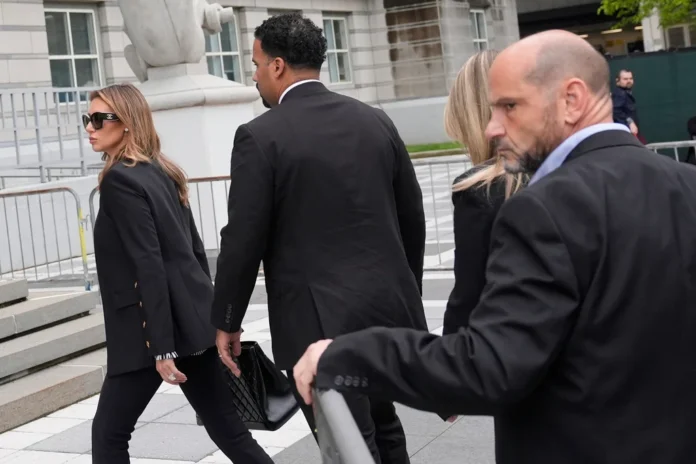President Donald Trump’s latest nominations for U.S. attorneys are triggering strong resistance from Senate Democrats. Several lawmakers are invoking their authority to block the appointments, citing concerns over qualifications and political loyalty.
Three key nominations in Nevada, New Jersey, and New York are at the center of the dispute. Democrats argue that Trump is selecting loyalists, not impartial legal professionals, to lead offices that shape national justice policies.
Interim U.S. Attorney for New Jersey, Alina Habba, recently charged a Democratic congresswoman with assault. This has raised alarms among lawmakers who view the move as politically motivated. Senator Cory Booker has publicly stated he would not support Habba for a permanent role.
In Nevada, interim U.S. Attorney Sigal Chattah faces opposition from Senators Catherine Cortez Masto and Jacky Rosen. Chattah is known for incendiary statements online, including racist remarks and attacks on political opponents.
Meanwhile, Senate Majority Leader Chuck Schumer pledged to block Trump’s picks in New York. He claims the White House is politicizing the Justice Department and targeting perceived enemies.
These objections rely on a Senate tradition called the “blue slip.” It allows home-state senators to block federal prosecutor and judge nominations. Republican Judiciary Committee Chairman Chuck Grassley has said he will continue honoring this rule.
Trump’s first pick for Washington, Ed Martin, already withdrew. His nomination collapsed after bipartisan criticism over his limited legal background and support for Capitol riot defendants. The president then named Fox News host Jeanine Pirro as his replacement.
Democrats now fear these nominations signal deeper politicization of the Justice Department. They highlight Trump’s second-term focus on retribution and control over law enforcement agencies.
Critics say many of Trump’s appointees lack experience and are selected based on loyalty alone. Legal experts warn that such practices undermine trust in judicial independence.
Stephen Saltzburg, a former Justice Department official, cautioned that merging the White House and DOJ threatens the rule of law. He said past presidents balanced partisanship with qualifications, but now, politics seems to dictate appointments.
If confirmed, these U.S. attorneys would hold sweeping authority. They decide whom to charge, how to prosecute, and which cases to pursue.
Democrats remain firm. They argue the system must prioritize fairness over politics. The ongoing use of blue slips could block several of Trump’s preferred candidates in critical districts.
For more political updates, visit DC Brief.


